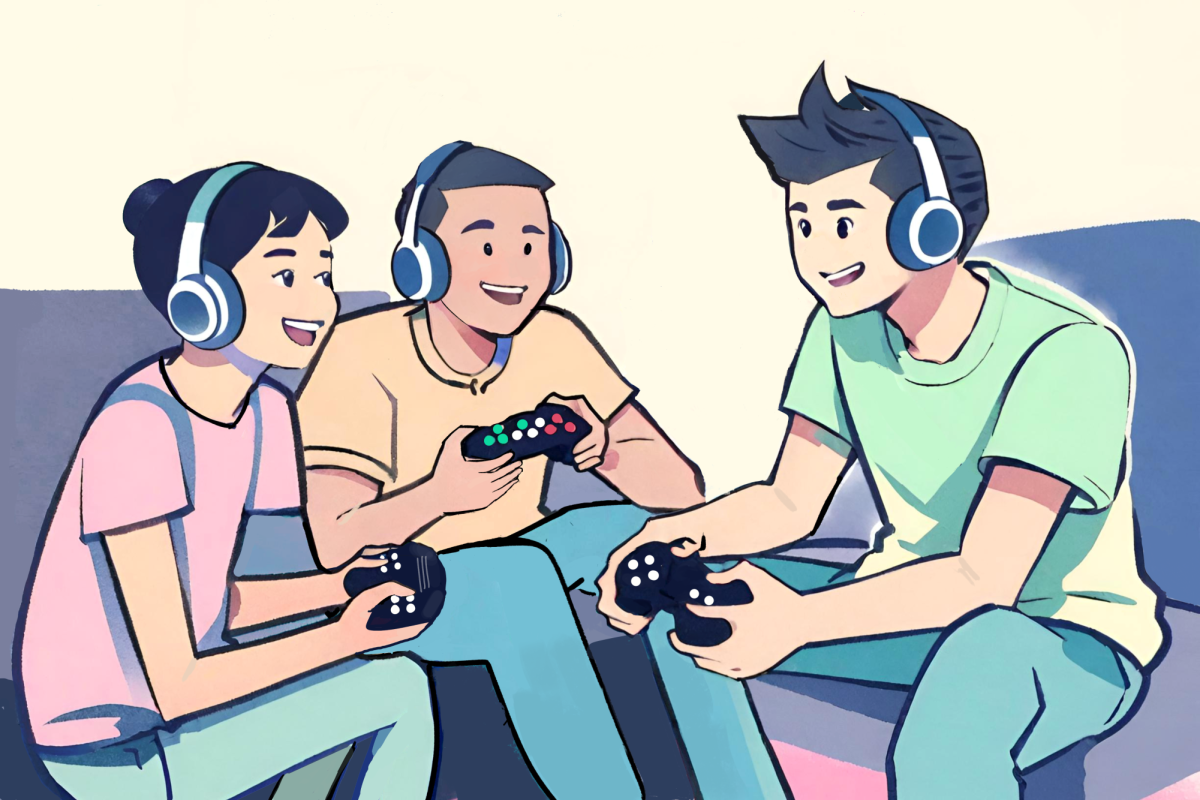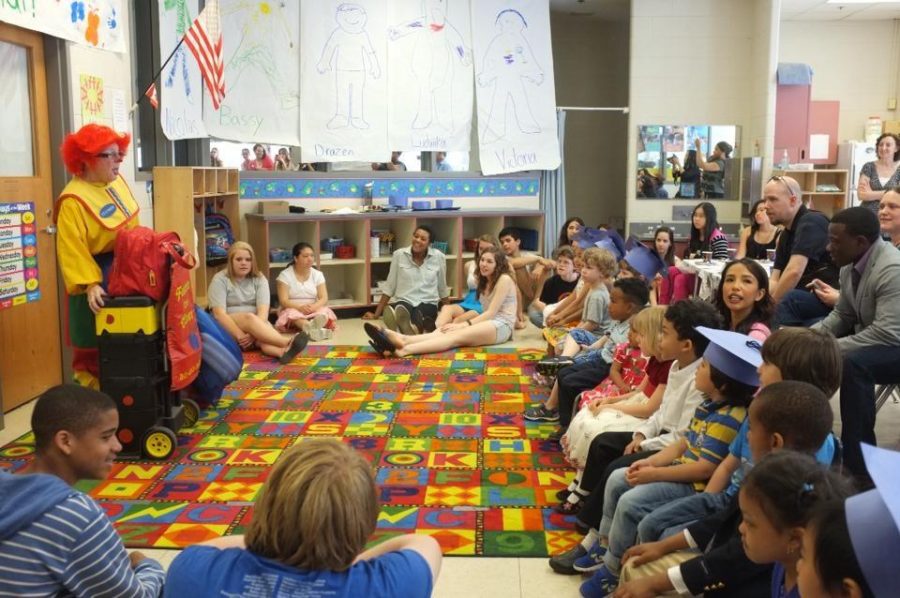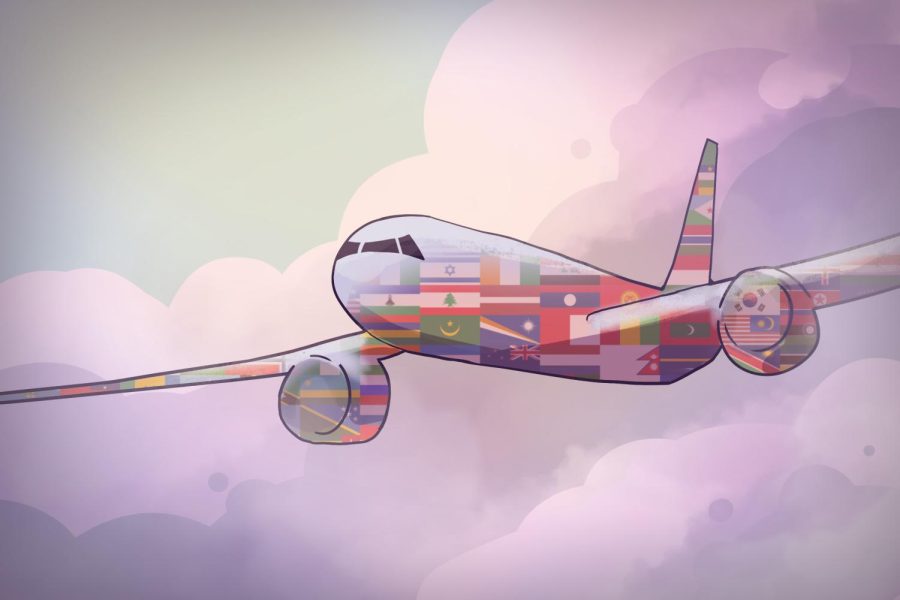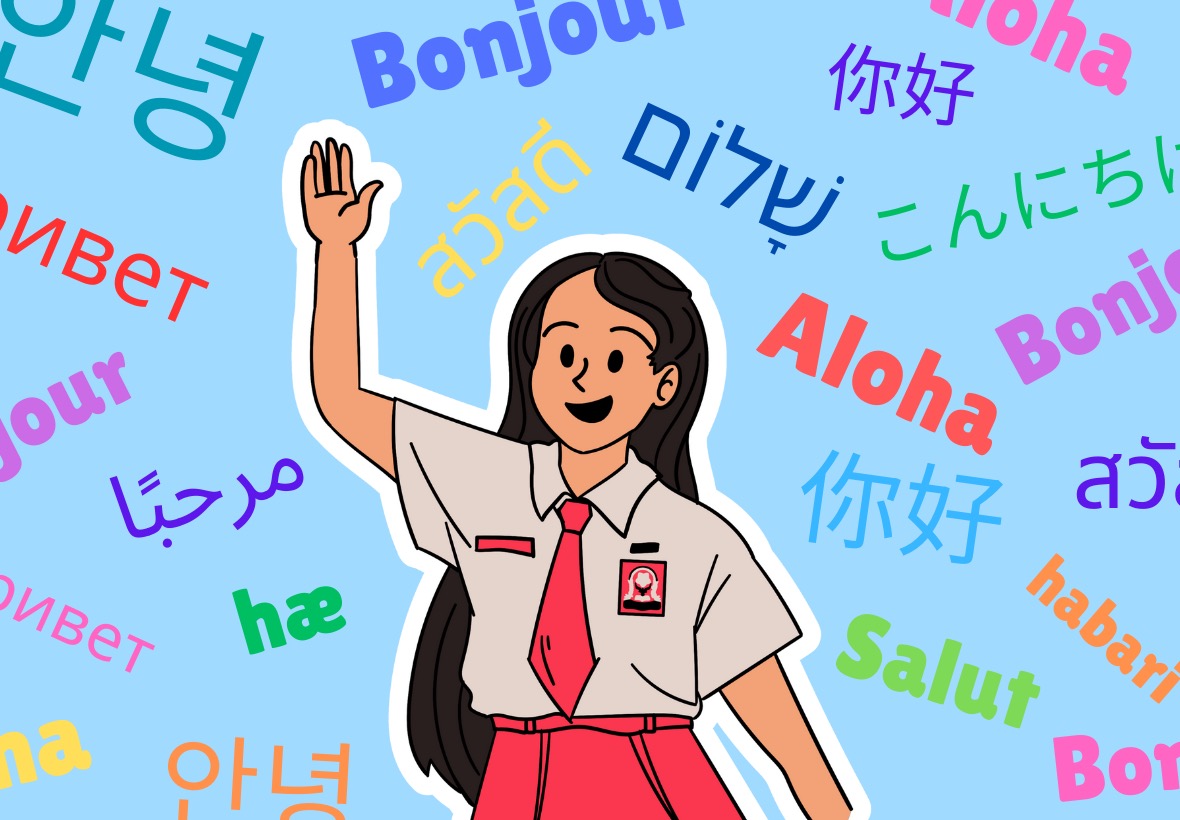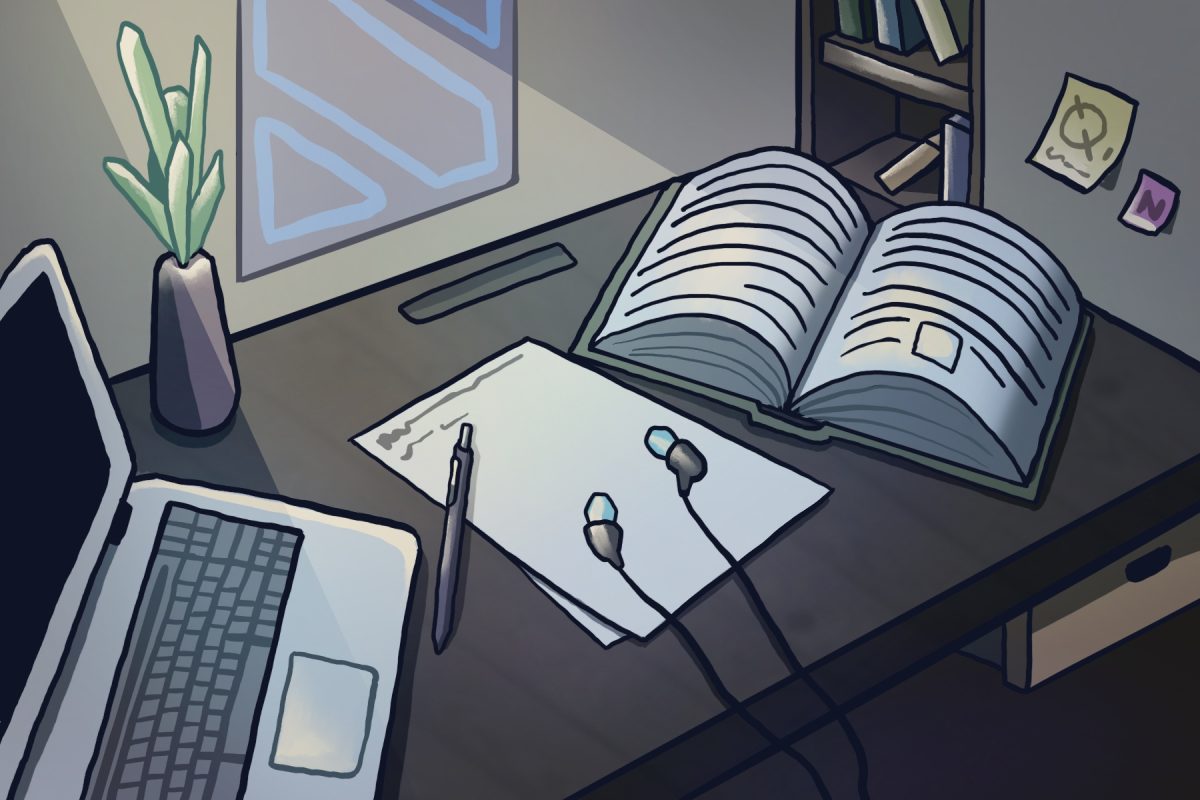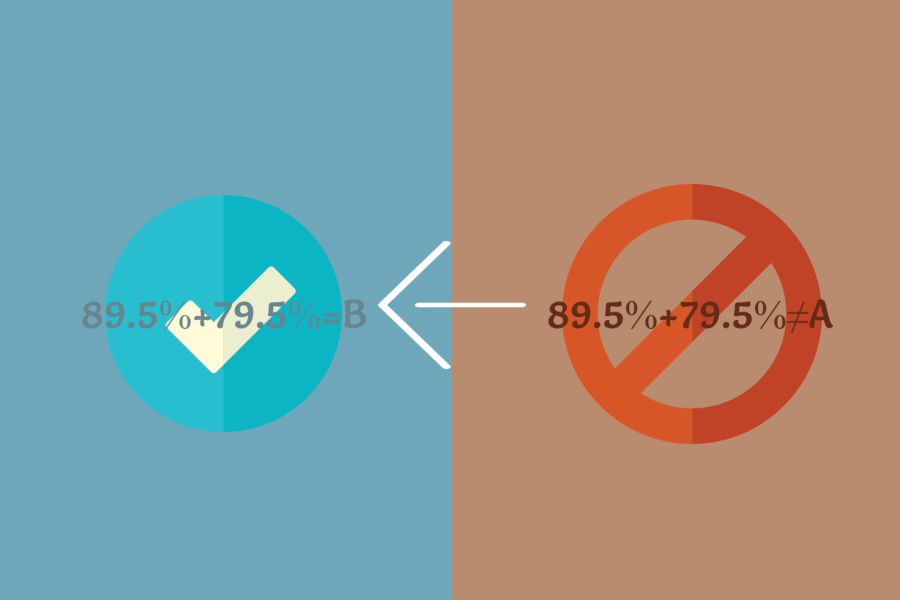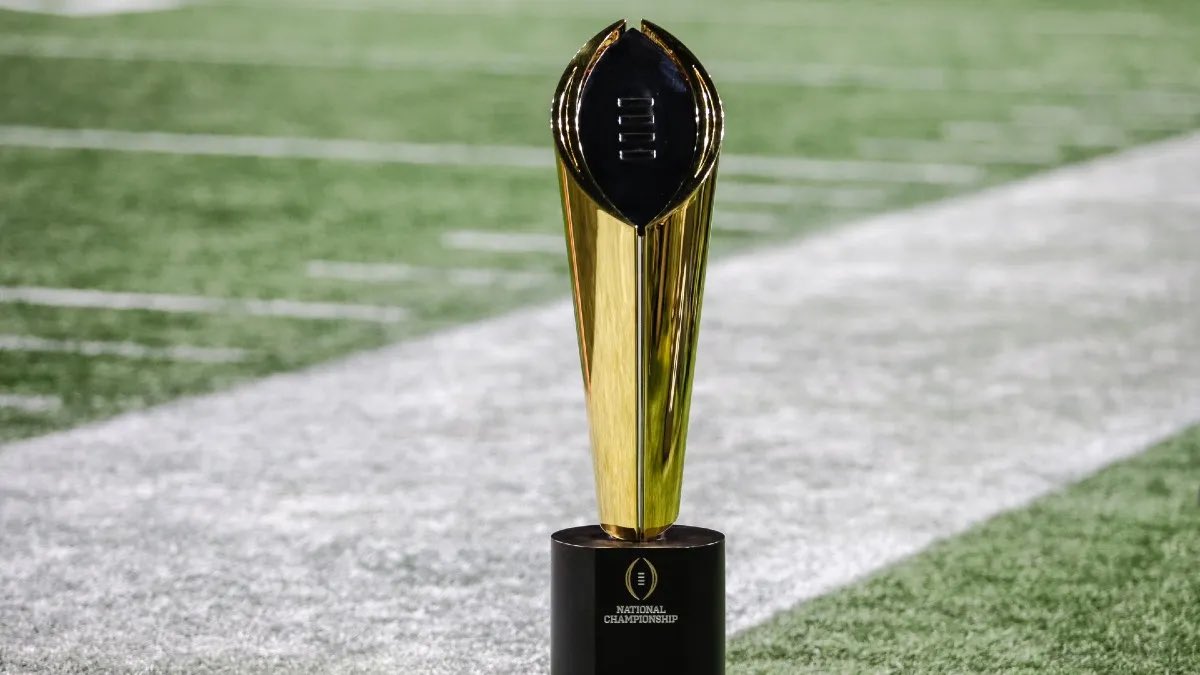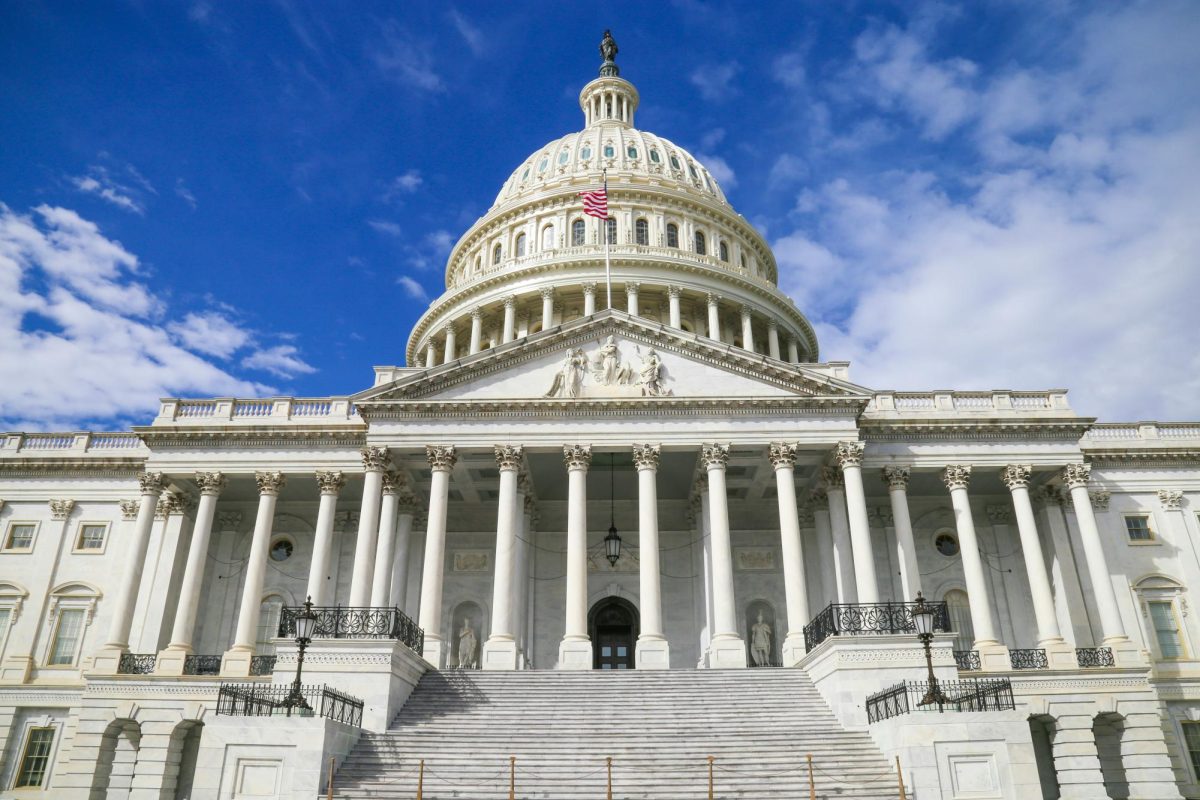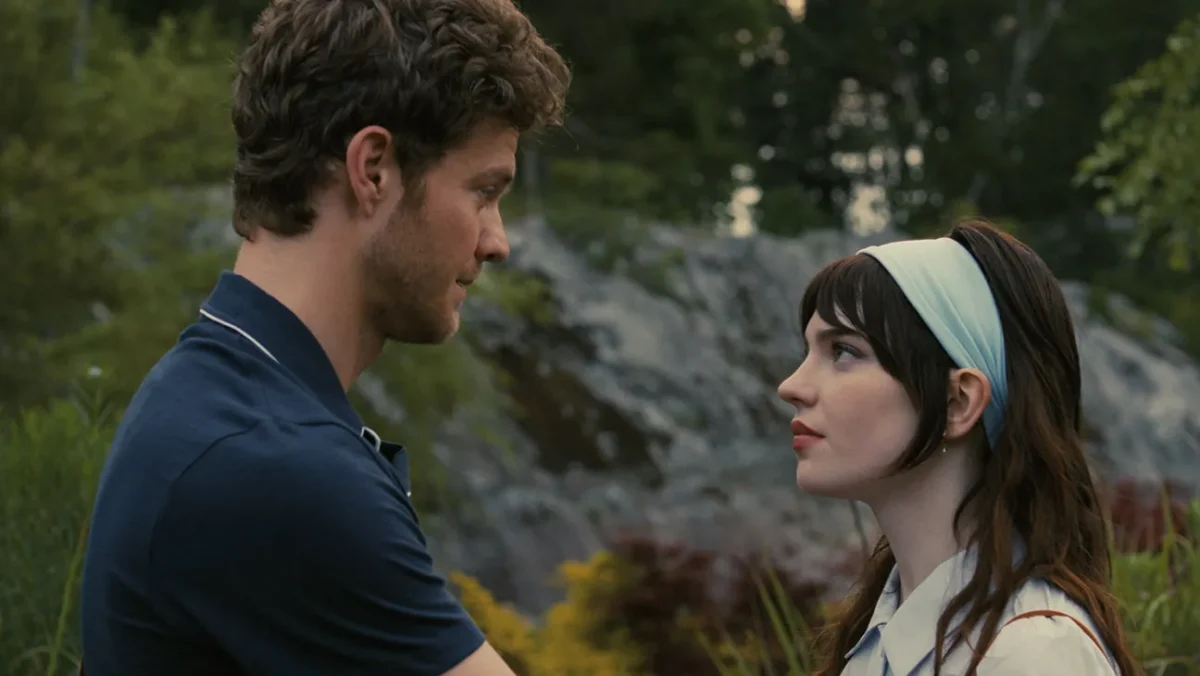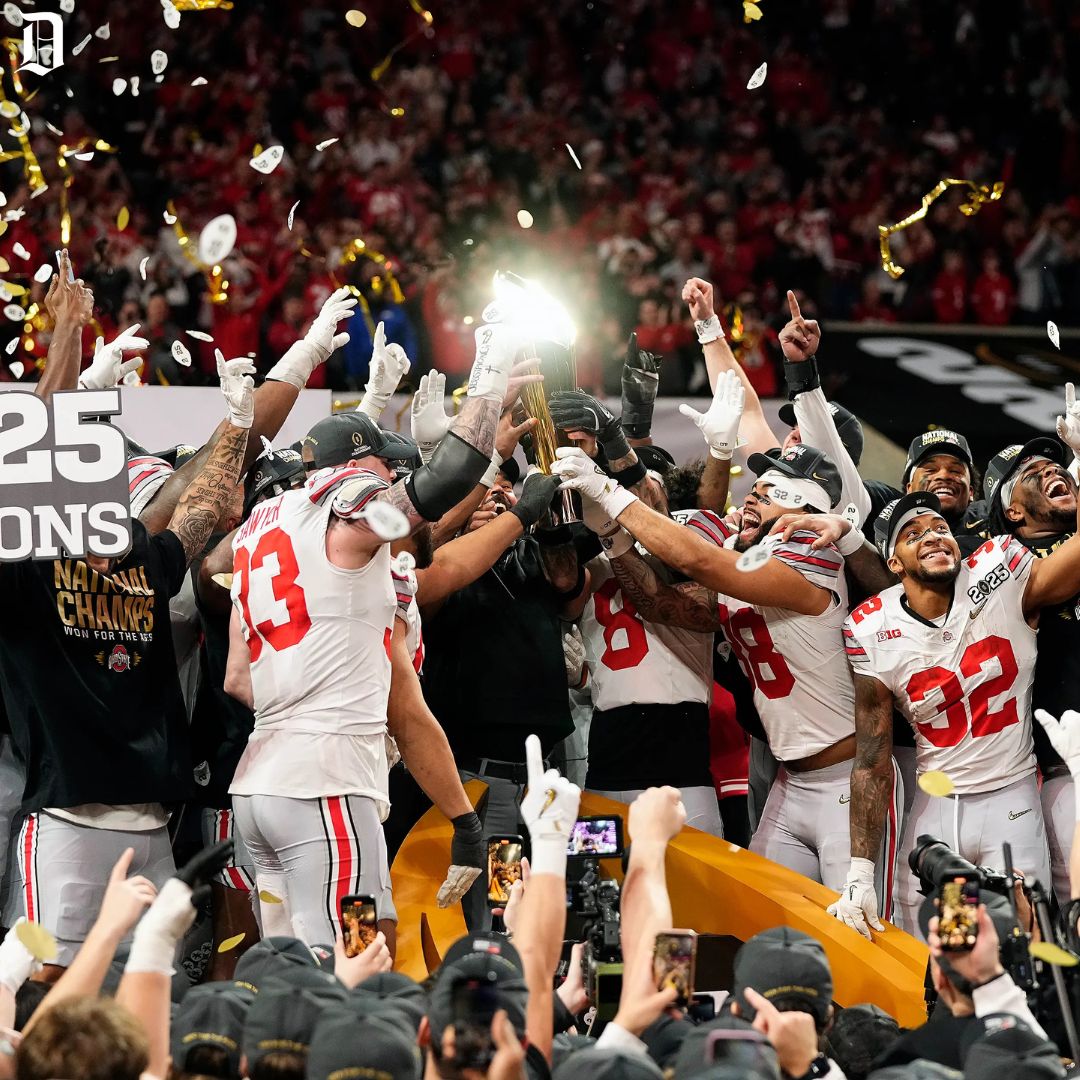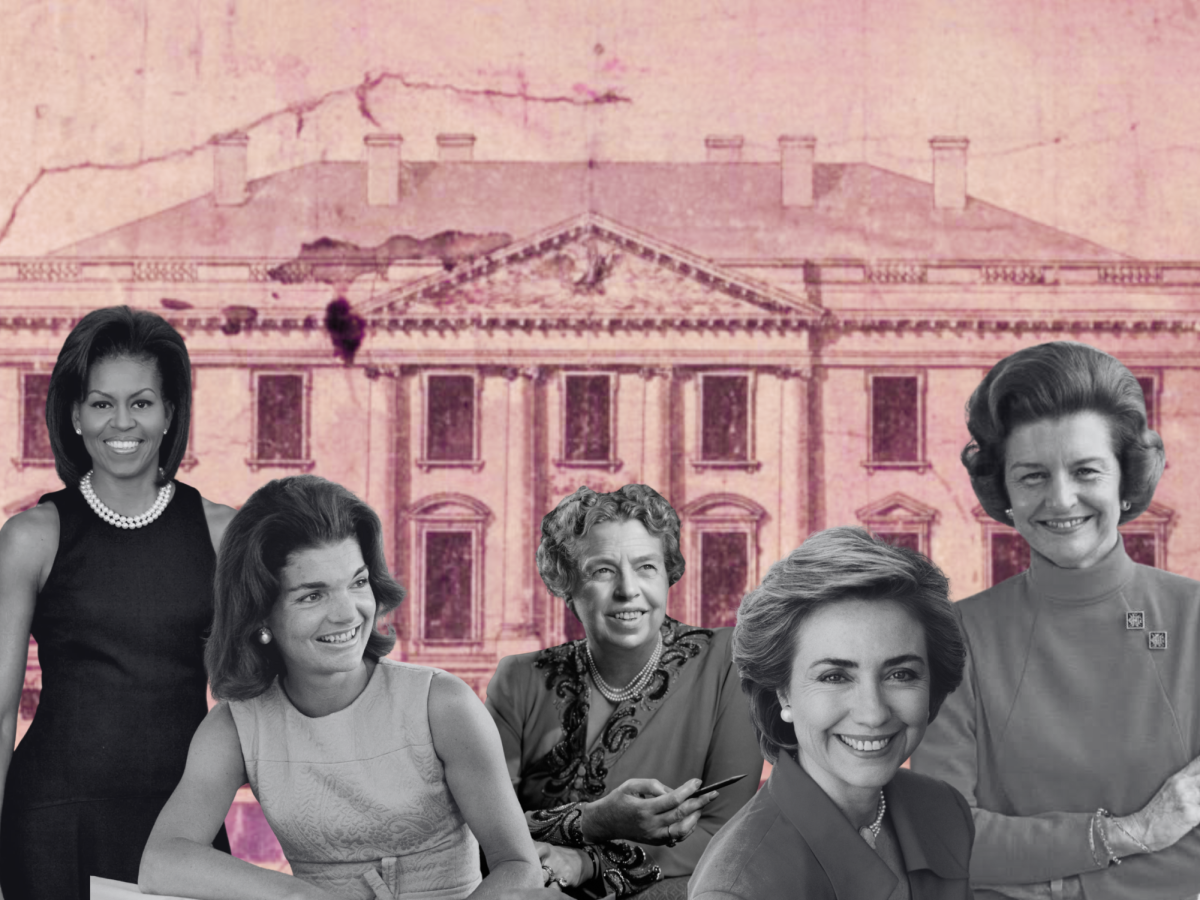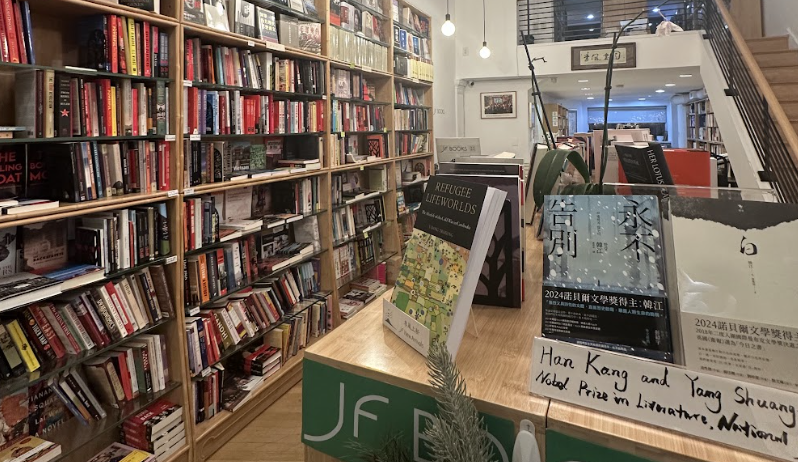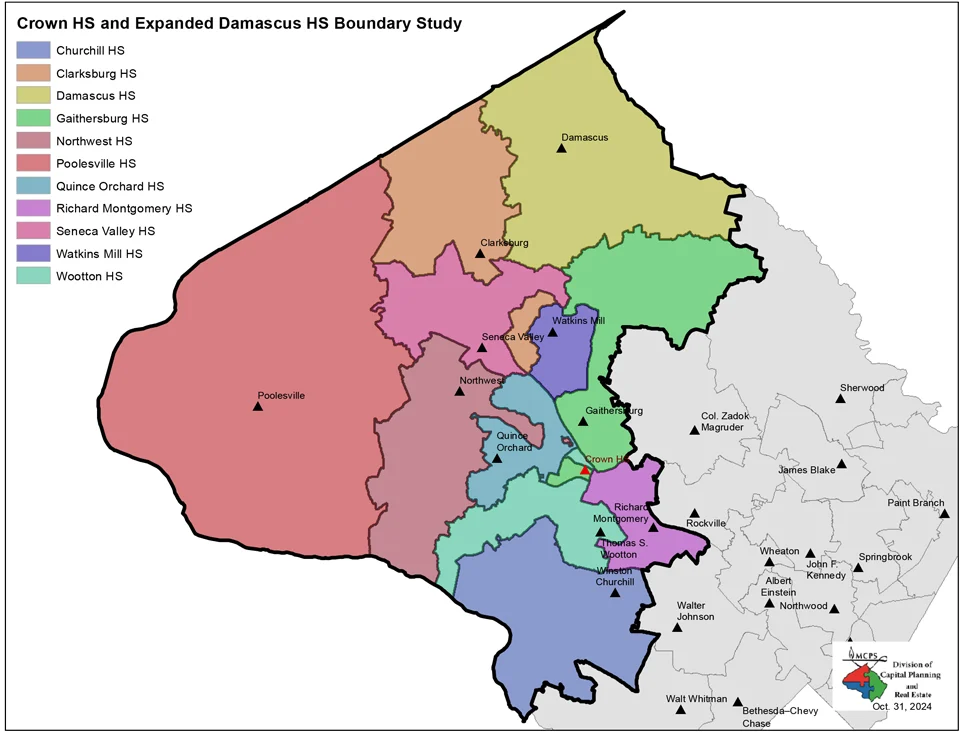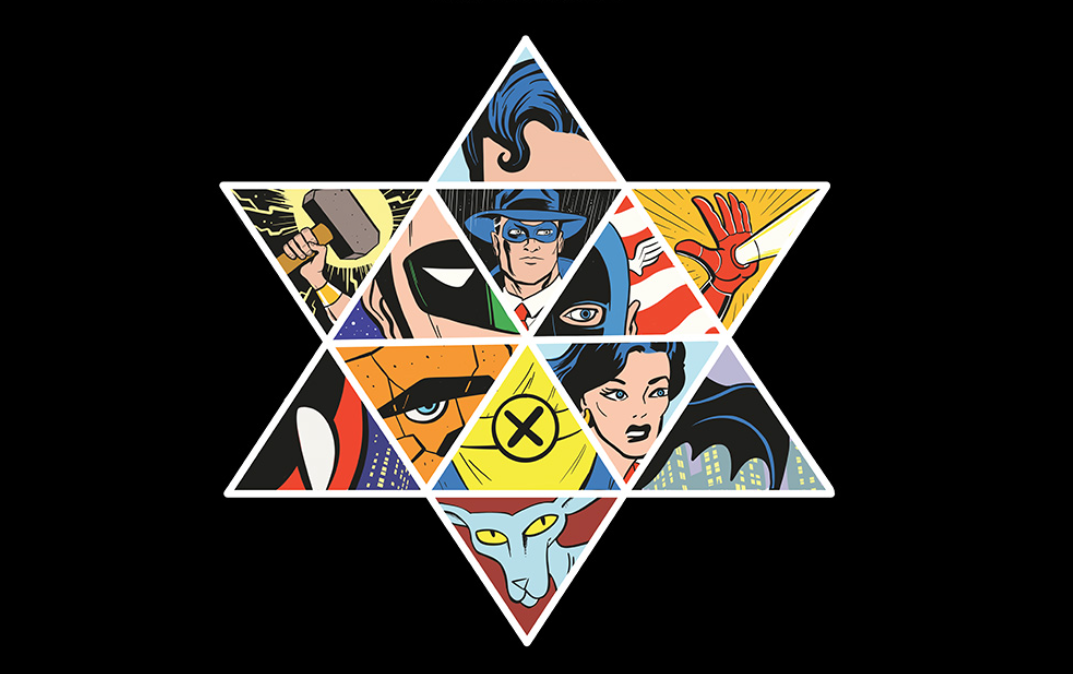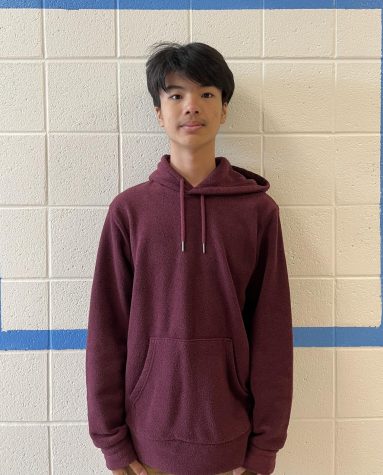In first grade, I loaded into a “Minecraft” world for the first time on my mom’s computer. I’d already spent countless hours on YouTube watching other people play the game, and I was bursting with excitement to have a crack at it myself.
“Minecraft” was like every kid’s dream. The goal is to survive in a three-dimensional, randomly generated and virtually infinite world made of blocks, but the game also offers a “Creative Mode” in which players are invincible and free to build whatever their heart desires. It’s unsurprising that 15 years later the game is still mainstream — players can create everything from dream homes to working elevators and spend years improving the same world, basking in the priceless feeling of advancement.
I first downloaded “Minecraft” at a time when many parents were concerned with their kids’ increased screen time. They condemned the time spent playing “Minecraft” and similar games as wasted. Albeit justified in wanting their kids to play outside, parents’ accusation that video games were worthless and “brain-rotting” was untrue. “Minecraft” has become synonymous with childhood in the last decade, and for kids like me, it was both the ultimate creative outlet and the foundation of my earliest friendships.
Almost all of my friends in elementary school played “Minecraft,” and it was the first thing that we discovered we had in common. At recess, we played quintessential childhood games like four-square and tag, and then we convened on “Minecraft” servers at home when we weren’t together in real life. Whatever transpired in the game that day became a topic of conversation the next — we bonded over “Minecraft.” Even today at 18, my friends and I still create a new world every once in a while.
Middle school came around, and I still loved video games. In sixth grade, I downloaded Discord — a messaging platform that allows users to create servers and communicate with others through voice calls. In one click, I was talking to all my friends as if we were sitting in a circle together. And although my friends, hobbies and schedule have changed over the years, I continue to use Discord nearly every day. Whether I’m playing games or doing schoolwork, I do it in the company of friends.
Halfway through eighth grade, schools shut down in the wake of COVID-19 and we were all relegated to our rooms for a year. I wasn’t able to see my friends in person, but we still found a way to connect every day; we spent time together on Discord calls and found immersive games to play with each other. Some games were played so routinely that they were almost like a job for me and my friends, and that wasn’t the worst thing. Nobody was leaving the house anyway, and video games gave me something to do and focus on.
“Escape From Tarkov” was one of many games in which my friends and I were a team — it exemplified how we bonded over video games. The objective of “Escape From Tarkov” was to raid different locations and engage in combat with other players, all while completing quests and picking up better equipment. It required us to constantly think about what we were doing, whether we were drawing up plans to ambush the enemy or splitting up to complete quests efficiently. It was easy to lose the motivation to do anything during the pandemic, but playing video games gave me the sense of progress necessary to keep me motivated. The strategy and teamwork in video games made them better than mindlessly scrolling TikTok for hours each day.
I’ve had less time to play video games in high school. Like many students, I’ve had to work a job, maintain my grades, and play a varsity sport. Still, I always find the time to queue for a game here and there, and whether it’s “Clash Royale” or “Minecraft,” I’ll be playing some kind of game for the rest of my life.
The friends I’ve made in part through playing video games are still some of my closest ones, and I’m sure that we will stay in touch for years to come. Everyone these days grows up playing some kind of video game, “NBA 2K” for some and “Call of Duty” for others. Even the best athletes and the busiest executives in the country play video games.
Video games are ingrained in many people’s idea of a contemporary American childhood, and there’s nothing wrong with that. I built more than houses and farms in “Minecraft”; the game has been a source of joy for me since first grade, and the friends and memories I made thanks to that pixelated world will stay with me forever.



